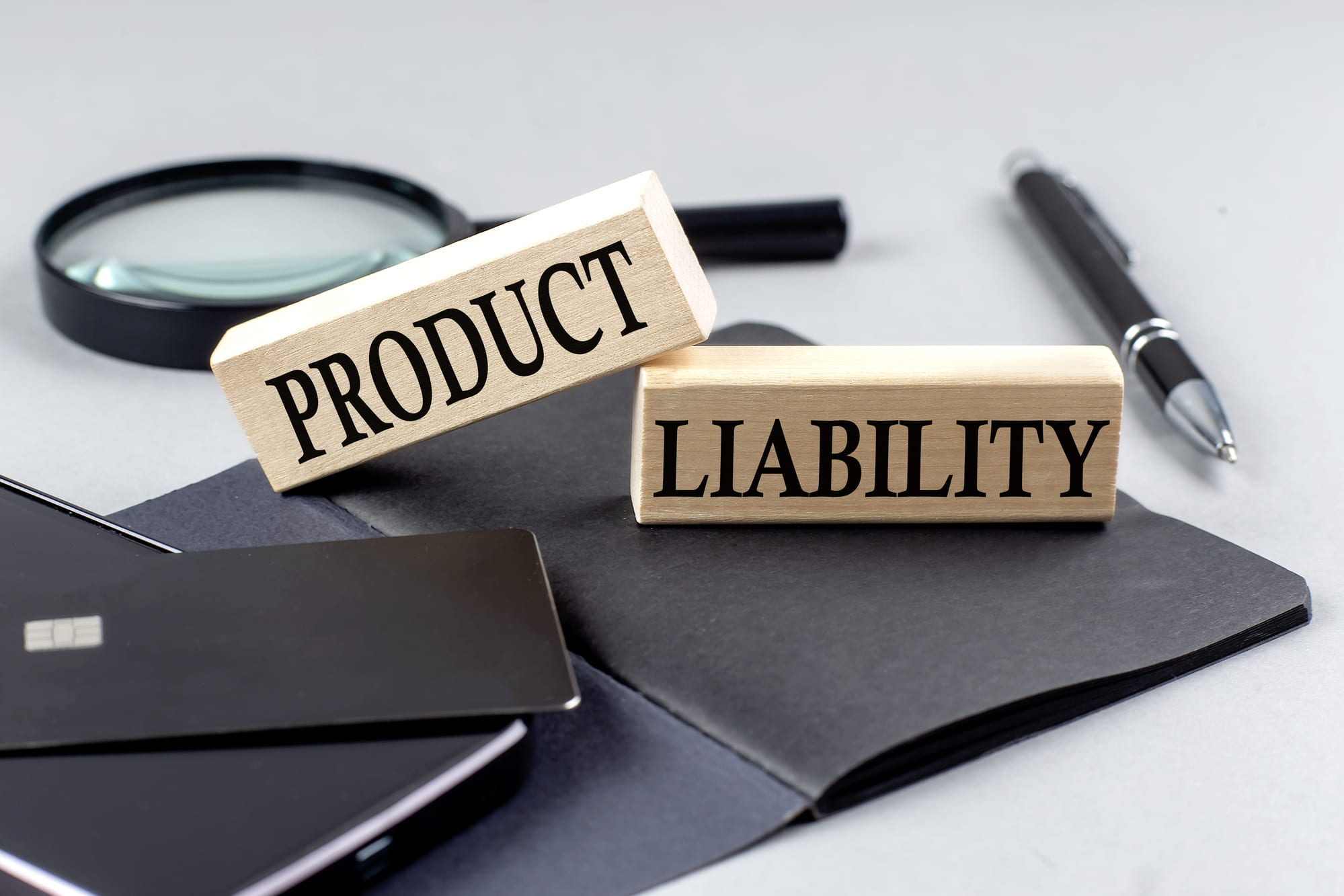A big part of success in any business is having the right documents in place to govern your day-to-day operations. It’s easy to overlook some of these pieces of the puzzle as you are in a hurry to start finding customers and making money, but taking a moment to get everything in order will be more than worth it in the long run.
One of the elements you may want to consider adding to your operational plan is a non-disclosure agreement for certain parties. As the name suggests, a non-disclosure agreement – usually referred to as an NDA – is a document that legally restricts parties from sharing information with others outside of the business or organization. This can be important for a variety of reasons, but it needs to be executed correctly if it is going to be effective. Let’s take a closer look at this topic below.
Should you need help drafting a small business NDA, or determining who you should have sign one, Fisher Stone is the right partner for the project. We’d love to chat with you today to go over your needs and craft a plan to get everything in place for your business.
What is a Non-Disclosure Agreement?
In business, it’s often the case that confidential information needs to be shared between parties. When that is the case, a non-disclosure agreement, which may also be called a confidentiality agreement, could be used. This is simply a contract that outlines the terms of sharing that information. We’ll talk more later about when NDAs are often used, and while they are commonly thought of as something that employees or contractors are required to sign before starting work, they are actually used in many other situations.
Like all contracts, the value of an NDA is in the details. One that is well-written and was either drafted or reviewed by a lawyer is going to be far more functional than something that was quickly thrown together and signed. You need to make sure that the NDA you are using properly protects what you need to protect, and that it would hold up in court if it were ever challenged.
It’s also worth noting that non-disclosure agreements can work in both directions, meaning they can apply to just one party who signs the document, or they can apply to both sides. This depends on how the information is being shared, who is sharing it, and why it needs to stay confidential. Working with an experienced lawyer will make it easier to figure out what kind of NDA should be used in what situation.
Three Valuable Aspects of an NDA
With everything you do in business, you want to be sure that there is a clear and obvious benefit to taking that action. If there is no benefit, or if the costs outweigh the benefits, you’ll be better off skipping it and moving on to something else.
When it comes to NDAs, there are many different potential benefits to be enjoyed, as long as they are used correctly. Let’s highlight three of the advantages below –
- Protecting your intellectual property. This is where it all starts with NDAs. You want to make sure that any intellectual property you have developed in your business remains confidential and doesn’t fall into the wrong hands where it can be used by your competition. While this is an important matter in most industries, it’s particularly critical for those in an emerging space, where innovative ideas are really what allow you to stand apart from other businesses.
- Ensuring open communication. While signing a non-disclosure agreement might feel like a restrictive step, it can actually be freeing for the parties covered by the agreement. Knowing that there are legal terms in place to dictate how information is shared and managed, those involved in the work will feel free to share important ideas among those who are allowed to see it. That can help product development move along more productively, as a situation that isn’t covered by an NDA may be held back due to a lack of trust over information privacy.
- Legal recourse. Hopefully, you’ll never need to use your NDAs to actually take legal action against another party. If that does come to pass, however, you can use this agreement to pursue damages or another remedy to deal with the situation. Often, simply having the presence of an NDA hanging over your dealings will be enough to deter anyone from violating the confidentiality of the information at hand.
Make Sure to Include These Components
It’s always important to point out in a blog post like this that nothing on this page is the last word on how you should write a non-disclosure agreement. Rather, you should review this information through the lens of it being a starting point – you’ll have a much better idea of how NDAs work after reviewing this page, and you can go from there to learn even more and have a proper NDA drafted for your business.
With that out of the way, it will be helpful to highlight some of the components that are likely to be included in any NDA that you use. These are the pieces of the puzzle that fit together and will make your NDA a contract that functions as you need it to.
- Defining confidential information. This is really what it is all about – the NDA needs to clearly state what is going to be considered confidential in the context of this professional relationship. What kinds of information is protected and what will fall outside the scope of the NDA? Things you will likely want to highlight as being protected include trade secrets, financial data, lists of customers, etc.
- Another part of the document will explain what the receiving party is obligated to do, or not do, as a result of signing the agreement. This will likely include a non-use clause that restricts how the information can be used, and outlines protective measures that the receiving party should implement to make sure the information doesn’t fall into the wrong hands.
- This part of the NDA can clearly spell out what information is excluded from the agreement and isn’t subject to privacy protections. Information that is already publicly available, for example, is not going to be considered confidential, along with information that the receiving party develops on their own without the use of the confidential information.
- Many, but not all, non-disclosure agreements will have a set timeframe in place for how long the confidentiality applies. If the NDA is set to expire at a certain point, that is often known as a “sunset clause”.
It’s important to remember that, like all contracts, NDAs can be negotiated. Only when the terms of the specific contract are agreeable to both sides should the document be signed and put into place.
Where NDAs Go Wrong
For something that is used so regularly in business, it is a bit surprising how often NDAs are not done correctly and have problems that make them difficult to use or enforce. Perhaps the biggest issue to plague NDAs is simply a lack of specificity. This is an issue for many types of contracts and it can be seen here when businesses write up their own agreements without the help of a qualified professional. An NDA that has vague or broad language may be impossible to enforce, as it won’t clearly define what information the receiving party is supposed to keep private.
There are also issues that come up with regard to the duration of the contract. In some cases, it simply won’t be practical to ask the receiving party to keep the information private in perpetuity, for one reason or another. The NDA is going to be more successful if the parties can agree on a time period that is realistic and still provides the business with the protection it needs.
Times When an NDA May Be Applicable
One of the great things about non-disclosure agreements is how easily they can be applied to a range of situations. The standard example of having new employees sign an NDA when they accept a position is only one of many different ways an NDA can be leveraged to help your company.
Another option is to ask vendors to sign an NDA when they come on board to work with your business in some way. These third parties are likely to learn things about your company by working together that could be helpful to other businesses in your space. Using an NDA will require those vendors to keep what they learn quiet and can help you maintain a lasting relationship with those partners.
Finally, if you are negotiating some type of business deal – a merger, for example – using an NDA can make it easier to freely share information with the other party without the worry that the information will make its way to your competitors.
Ready to Chat?
We hope this overview of non-disclosure agreements has helped you to better understand the role these documents can play in your business. Of course, there is a lot of subtlety involved here, and you might still have questions about non-disclosure agreements – or you might want help putting some together for your business. Either way, Fisher Stone would love to hear from you today. We’ll go over your situation and explain how we may be able to help. Thanks for taking a moment to stop by and we look forward to serving you.



